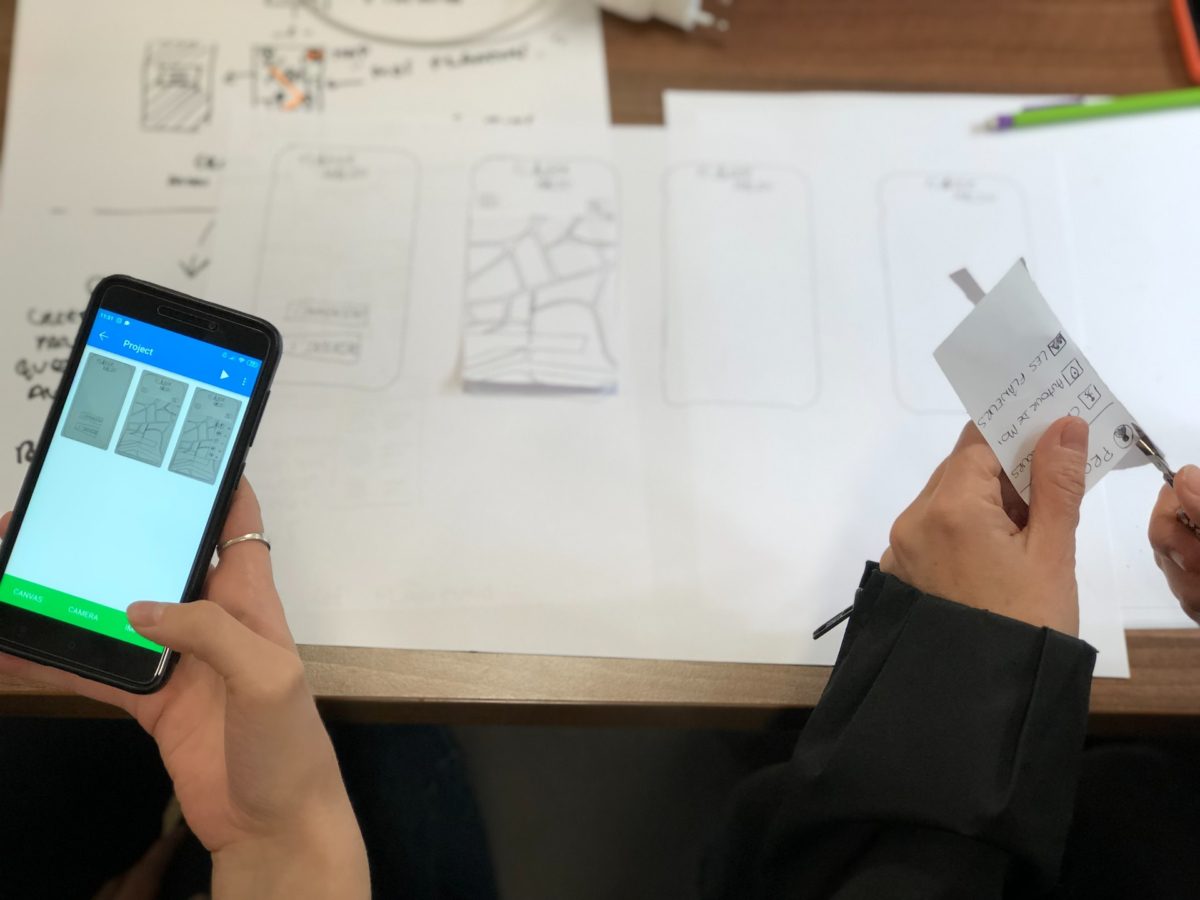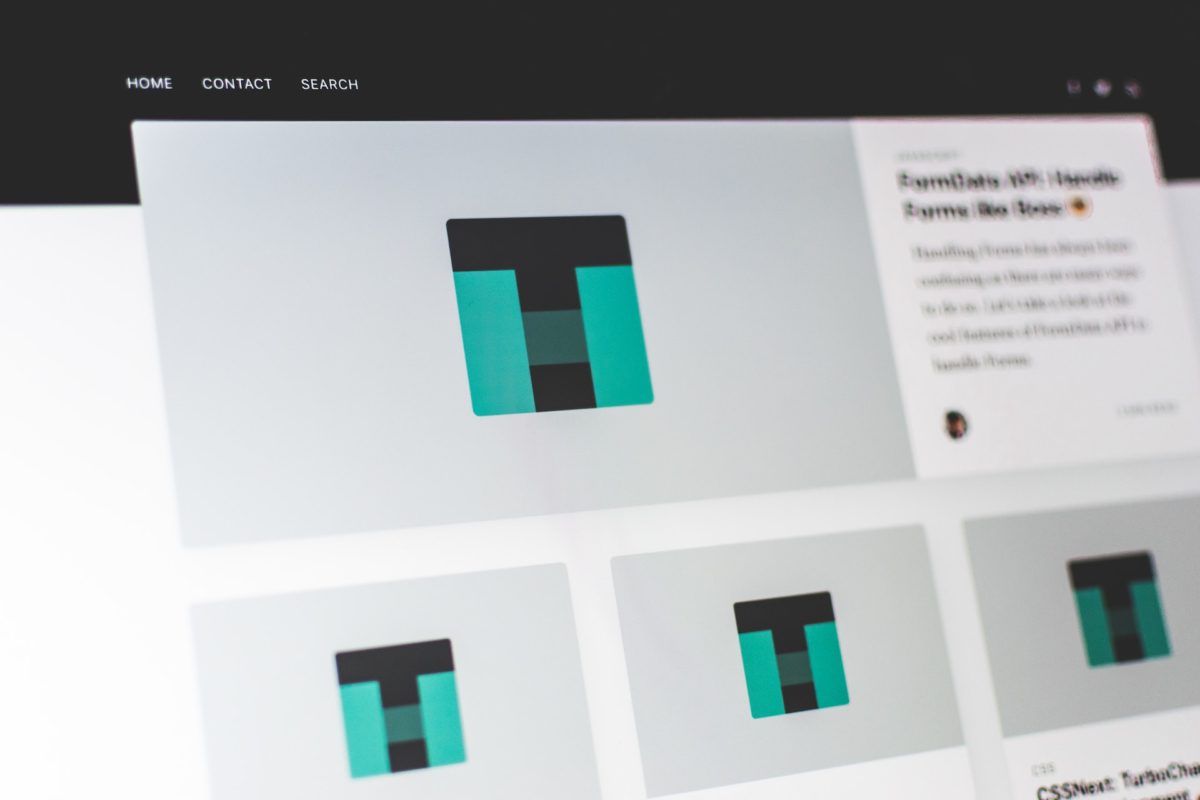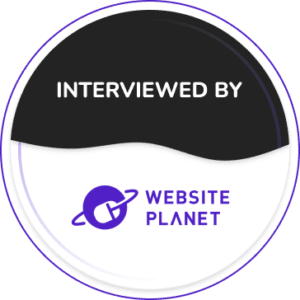Have you ever wondered how brands like Apple, Starbucks, and Netflix manage to achieve worldwide recognition and success? The secret lies in their global strategy.
We’ve reached our milestone of more than 100 websites built for our marketing and PR clients some time ago, but even at the beginning, we noticed some reoccurring issues that would pop-up during our work on projects we were involved in. The most common problems included missing assets, design elements nowhere close to useful when implemented on a website or timelines that were too short to ensure the quality of the product.
It quickly got me thinking about why do we keep hitting the same walls on almost every project. I decided to talk to our clients about it, and suddenly, the root of those problems became easier to understand. It let me come up with a solution that aims to help agency creative and product teams to understand the development process and its requirements.
Missing links between creative and tech teams
The first thing on my “to do” list was to figure out and document friction-points from our historical projects. After re-reading hundreds of emails, re-thinking the past discussions, and talking with interested parties I was able to put together a list of subjects that are most problematic for people involved in planning and scoping the projects on the agency side.

One has to remember that the web development required for marketing and PR purposes is fairly specific. There’s no real functional complexity, but time is always an issue and the quality of the final product is directly related to the planned campaign’s success. In general, the biggest issue when working on those types of projects is that the creative and management staff do not have much technical know-how, which often leads them to make the wrong assumptions, based more on a gut feeling rather than knowledge.
I wanted to create a solution that would eliminate those problems for good, which required me to come up with a super-condensed web-related information pill that could be administered over a short meeting, and combine it with a set of materials that can be referenced at a later date.
That’s how the Web development 101 for Creative Producers and Managers workshop came to life.
The workshop
Soon enough, we came up with a structure for the workshop. We kept in mind our target audience, i.e the companies’ product teams, whose main goal is to improve project management and enhance their knowledge about the technical side of the development process. We designed the workshop around the following key aspects:
- Keeping it short. People lose concentration after about 1.5h at most. That’s more than enough to cover the basics of web development that’s useful to the product team, without causing information overload.
- Making it relevant. We focus on what’s really important for the current audience. At the end of the day, our goal is to give our clients a complete toolbox for them to handle a website build project.
- Customized for the client. What are the team’s current struggles when it comes to handling web projects? What would they like to achieve and what kind of help do they need? All teams face different issues, so during the initial interview, we identify the subjects to cover in the training.
- Online or in-person? We’re a remote team, so the most logical solution is to use video conferencing as a medium. We take different preferences into account, therefore we’ve kept on-site and in-person training as an option.
Essential subjects
While general assumptions for the training were quite easy to come up with, the subjects were an entirely different story. At the same time, the thought process allowed me and my team to understand the areas where our clients need a bit of insight into how things work. We went through the most commonly asked questions and came up with a list of topics:
- Project timeline & technical elements of a website. How to properly ballpark the development effort needed for the marketing website project? This is essential to ensure that you know how to estimate the delivery date correctly and avoid promising unrealistic deadlines.
- Additional or unexpected project costs. What should be included in the budget aside from strategy and content? What’s often forgotten during the estimation of costs? With this subject, we aim to show the product team how they can avoid the dreaded conversation about an unexpected need to adjust the budget with their clients.
- Compatibility with mobile devices (aka. responsiveness). We all know it’s a must for marketing sites, but what exactly is involved? What should we consider when discussing responsiveness with the client?
- Upselling opportunities. What you can offer to your client goes beyond just a marketing website. There are many ways in which you can broaden your offer and increase engagement.
- What image types are best for website use. Understand the many different formats, learn which ones to use and how they impact the site’s performance.
Why WordPress is a preferred CMS for marketing sites. What exactly can your client gain by using WordPress? This can be a big selling point when done right. - Why it’s better to design for existing plugins. The benefit that comes with using established solutions is immense, and it can drastically reduce development costs.
- Examples of surprisingly hard to develop design ideas. How to recognize the design elements that may be hard or impossible to implement by the developers.
- Example project management setup for small projects. How to organize the projects in a standardized way to keep project communications optimized.
Closing word
Being an expert on everything is impossible to achieve, and fortunately, it isn’t necessary in order to achieve success. Knowing just enough helps us all to become more effective in what we do, not to mention it increases our value in the eyes of the clients.
Interested in our workshop? Book your training here!






